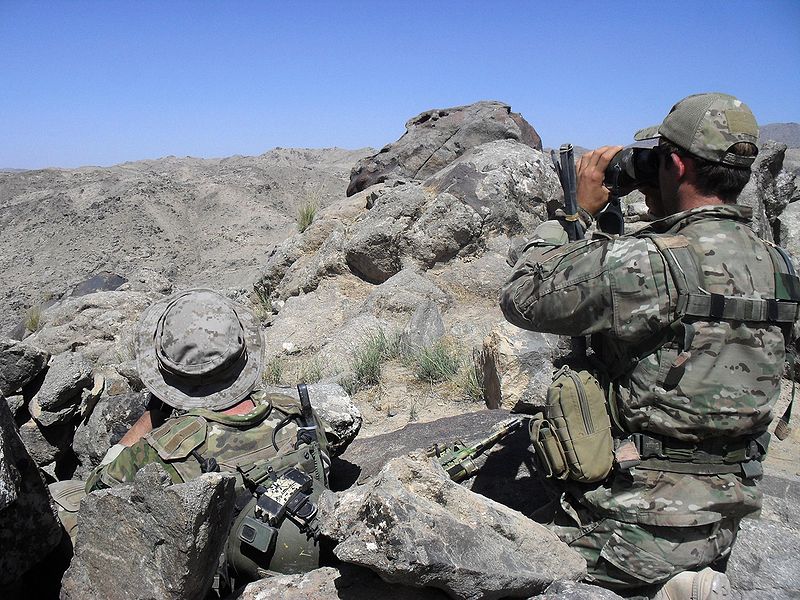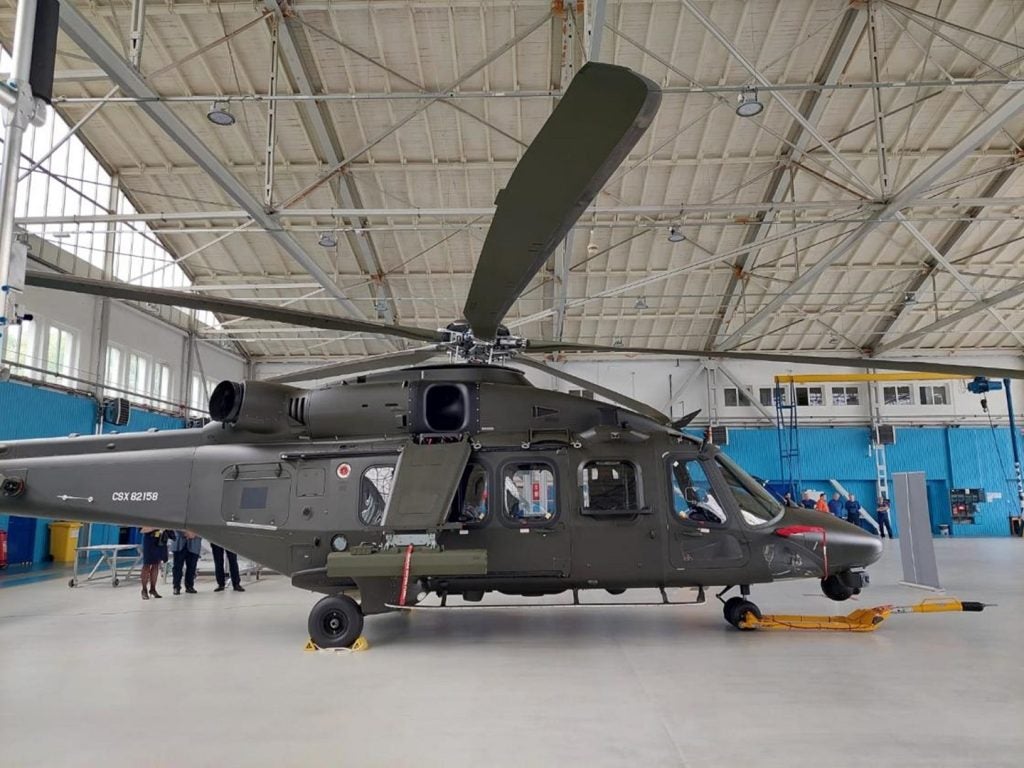
A team from UNSW Art & Design in Australia has secured a grant to develop new technology to bring about improvement in the cognitive performance and resilience of troops in the Australian Army.
The $523,000 grant awarded by the Human Performance Research network (HPRnet) is part of the Defence Science and Technology’s $730m Next Generation Technologies Fund.
The latest research project is one of nine studies selected in areas that cover cognitive augmentation, nutrition and gut health to the use of augmented reality, team training and resilience.
UNSW National Facility for Human Robot Interaction Research and the Creative Robotics Lab director Mari Velonaki said that the project will involve the development of a non-intrusive working model.
This new model will be capable of identifying warning signs of physical and cognitive stress in individuals and groups under critical conditions such as firefighters, surgeons or soldiers.
Furthermore, it aims to improve rapidly distributing information methods to assist in task allocation and enhance the performance of the team.
How well do you really know your competitors?
Access the most comprehensive Company Profiles on the market, powered by GlobalData. Save hours of research. Gain competitive edge.

Thank you!
Your download email will arrive shortly
Not ready to buy yet? Download a free sample
We are confident about the unique quality of our Company Profiles. However, we want you to make the most beneficial decision for your business, so we offer a free sample that you can download by submitting the below form
By GlobalDataVelonaki said: “The heart of our research is understanding people, understanding the changing human condition and understanding the situational context.
“If we need to use technology, we want to understand how we keep a human in the loop. We are trying to improve the interaction between humans and technology while contributing to wellbeing, safety and performance efficiency.”
The Minister for Defence Industry Melissa Price said that the research studies will be performed for four years and will enable HPRnet to benefit troops in the army, navy and airforce.
A total of 14 Australian universities are currently engaged in HPRnet projects.
The project will be conducted at the UNSW’s purpose-designed National Facility. It marks the first time the facility or the Creative Robotics Lab at the university have worked with the Australian Army and HPRnet.
Velonaki and her team previously collaborated with the US Department of Defense.
In September last year, the Australian Department of Defence (DoD) announced funding to a consortium of the University of Melbourne, Macquarie University, the University of New South Wales and Queensland University of Technology for the development of the next-generation of autonomous vehicles.







